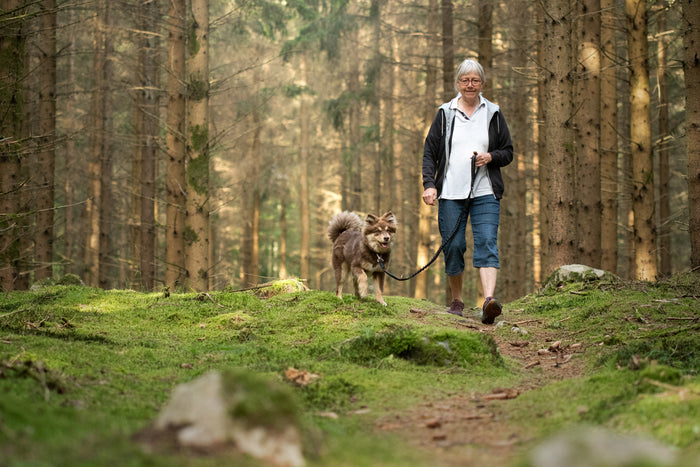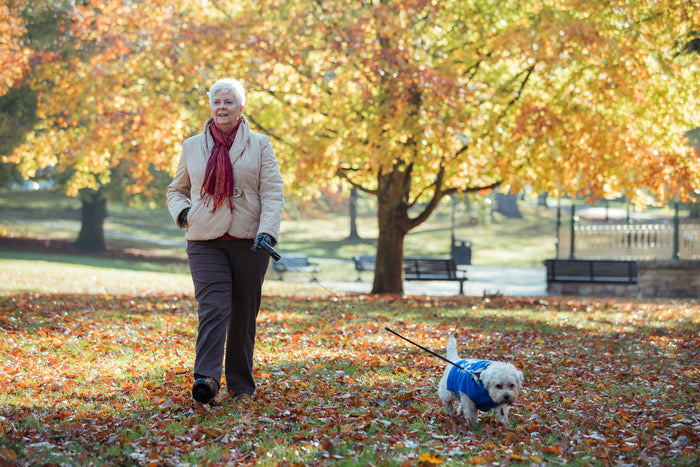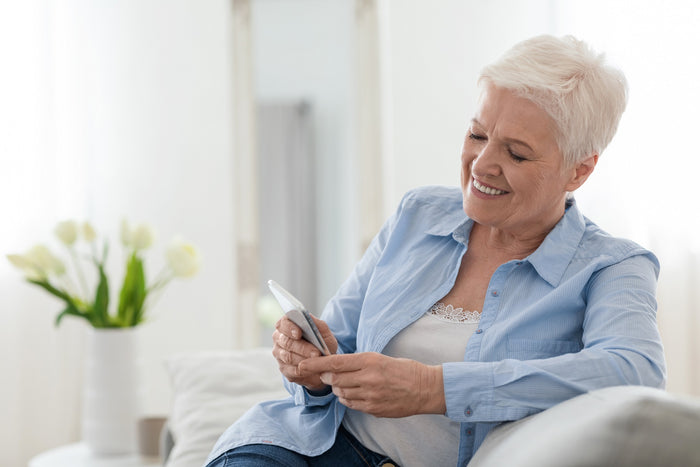Heatwave Safety for the Elderly

The summer months bring sunshine, BBQs and long days spent enjoying the outdoors. However, when temperatures soar, it’s important to take care to stay safe in the heat. While we can all feel the effects of a heatwave, it’s particularly important to look out for our elderly loved ones.
As we age, our bodies become less able to regulate temperature, meaning we’re more prone to heat exhaustion and heatstroke. With this in mind, here are some top tips for helping your elderly loved ones stay safe in the heat during a heatwave.
Hydration is Key
Staying hydrated is always important, but it’s particularly crucial during a heatwave. Encourage your elderly loved ones to drink regularly, even if they don’t feel thirsty.
• Make sure they have plenty of water available, at least 6-8 cups per day
• Offer icy cold drinks like smoothies or homemade ice-lollies to make it more pleasant to drink
Keep Cool
When temperatures soar, it’s important to keep cool. Encourage your elderly loved ones to:
• Stay indoors between 11am and 3pm, when the sun is at its strongest
• Keep windows and doors closed during the day, and open them at night to let cool air in
• Use a fan to circulate air (in extreme circumstances use air conditioning)
• Wear light, breathable clothing
• Take cool baths or showers
Check up on them regularly
If you have elderly relatives or neighbours, take the time to check up on them regularly during a heatwave, either in person or over the phone. This can be particularly important for those who live alone, or who are more vulnerable.
• Check in on them once in the morning and once in the evening
• Encourage them to call you if they feel unwell
• Keep an eye out for symptoms of heat exhaustion or heatstroke
Know the Symptoms
Heatstroke can be life-threatening, so knowing its symptoms is crucial. Watch out for:
• Headaches
• Dizziness and confusion
• Nausea or vomiting
• Excessive sweating
• Rapid heartbeat
• Muscle cramps
• Dark urine
If you spot these symptoms in yourself or a loved one, it’s important to act fast:
• Move to a cool place and rest
• Drink plenty of water
• Use a fan or cold compresses to cool down
• Seek medical help if symptoms don’t improve
Stay Safe in the Sun
While it’s important to get some sun for vitamin D, it’s equally important to stay safe in it. Encourage your elderly loved ones to:
• Wear a hat and loose, light clothing
• Use suncream with a high SPF
• Stay in the shade where possible
• Wear sunglasses to protect their eyes
To conclude, heatwaves can be dangerous for everyone, but particularly for the elderly. By taking some simple steps to stay cool, hydrated, and safe in the sun, we can help our elderly loved ones see out the summer in comfort.
WatchOvers.com




